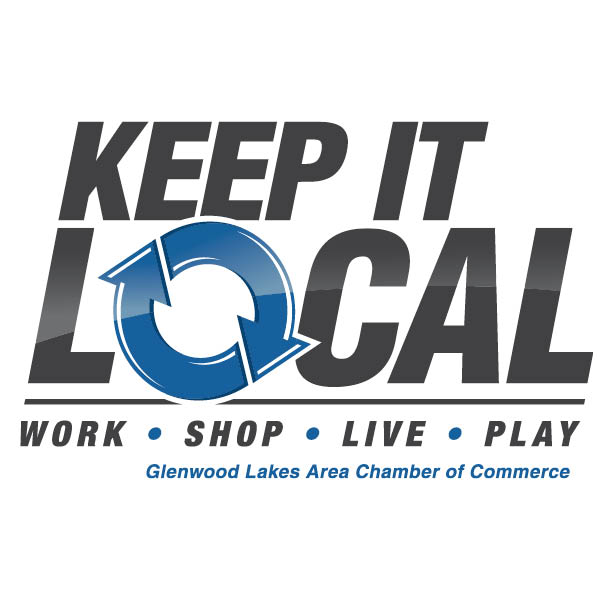Cities may not need legislative approval for local sales tax
Published on April 15, 2024 at 11:57am CDT
Publisher’s Perspective
By Tim Douglass, Publisher of the Pope County Tribune
The City of Glenwood is exploring the idea of asking residents if it could “bump” its local sales tax to help fund local street projects. That may be a bit easier this year if the Legislature adopts a proposed bill.
Potential local sales tax bumps for cities and counties may no longer need legislative approval.
Sponsored by Rep. Aisha Gomez (DFL-Mpls), House File 5336 would let cities and counties impose local sales taxes to fund certain capital projects. Those projects could include convention centers with at least 50,000 square feet for exhibit and meeting space, sports complexes, libraries, parks, and trails. Approval from the state auditor and voter approval would still be required, however.
The bill was held over, as amended, Friday by the House State and Local Government Finance and Policy Committee, it was stated in the Session Weekly that covers Legislative actions.
Gomez also sponsors the provisions in HF5335. As amended, it was laid over Thursday by the House Taxes Committee for potential inclusion in a later bill.
“At a high level, it makes changes to requirements for local sales taxes. It allows local municipalities, without coming in front of the Legislature to put local sales tax proposals in front of their communities via referendum,” Gomez stated in the Session Weekly.
A local unit of government wanting to put a sales tax increase question before its voters must now first get legislative approval to do so.
According to state and local government committee hearing on the bill: “The state auditor has experience doing some oversight of the requirements for tax-increment financing,” Gomez said. “So, the idea was just to give them some authority to oversee it so that it took some of the legislative kind of political aspects out of it.”.
State Auditor Julie Blaha said her office’s role would be to certify, like they do when assessing local government or county program aid, and data collection.
“The kind of work we want to do in these kind of things is we have a tight standard, and we follow the standards. The stricter and the tighter we make the requirements in this bill the easier our job is,” she said.
“We’re not asking the auditor to make anything that you could describe as a judgment call. It’s basically certifying that the projects meet the statutory requirements,” Gomez said. Added Blaha: “We do not want discretion.”
Rep. Jon Koznick (R-Lakeville) voiced unease with the proposal, saying the Legislature would abdicate its authority to the executive branch and would make it easier to raise taxes. In part, Gomez said some recommendations come from a Local Taxes Advisory Task Force created by a 2023 law to explore how cities and counties use local taxes to fund projects. This bill would also establish a local sales tax equalization distribution payment program whereby a portion of the money raised would be retained by the Department of Revenue and distributed on a needs-based basis to communities that do not have a large retail base, but still have needs.
Nathan Jesson, an intergovernmental relations representative at the League of Minnesota Cities, told lawmakers in written testimony that provision is potentially troubling.
“Local sales taxes are generally popular with voters because they have control over what the funds are spent on and they can see the results. That’s why since the 2019 changes to the authorization process 29 out of 33 projects have been approved at the ballot box,” he wrote. “Creating a statewide fund undermines the appeal of the dollars being raised locally and staying local.”
If the legislature wishes to create an equalization component, it would be best if the revenue were shared with surrounding communities rather than statewide.”




